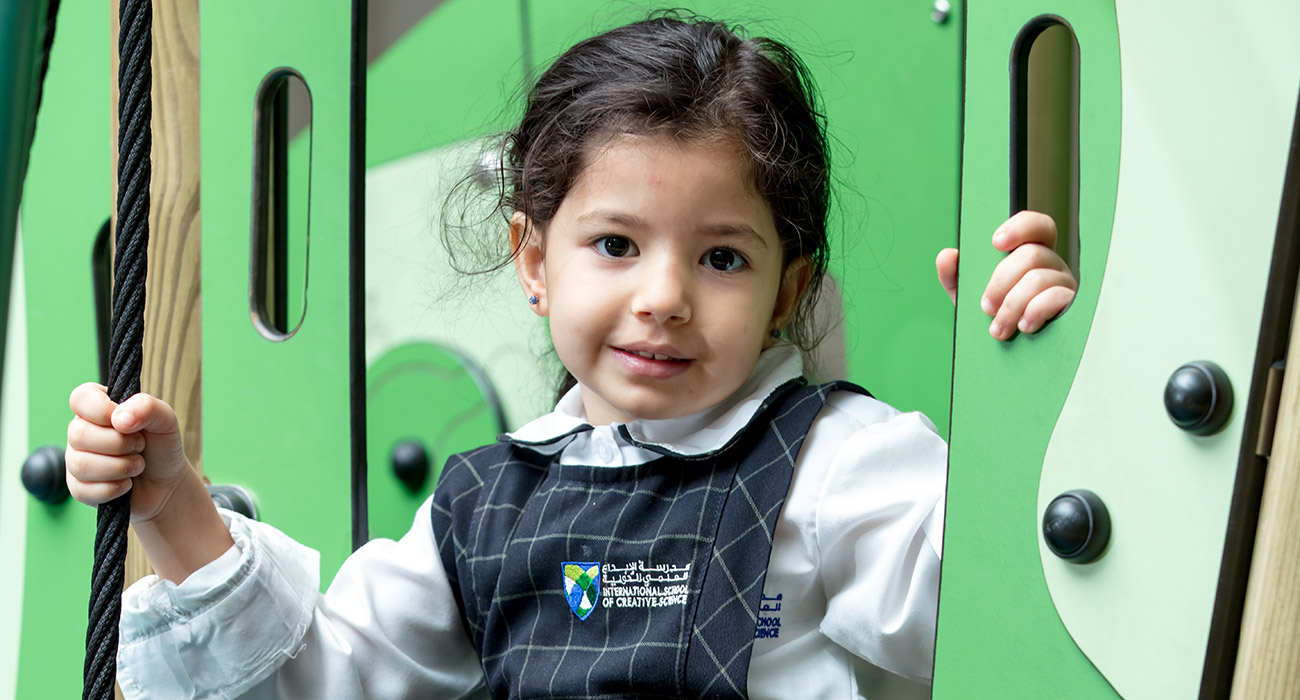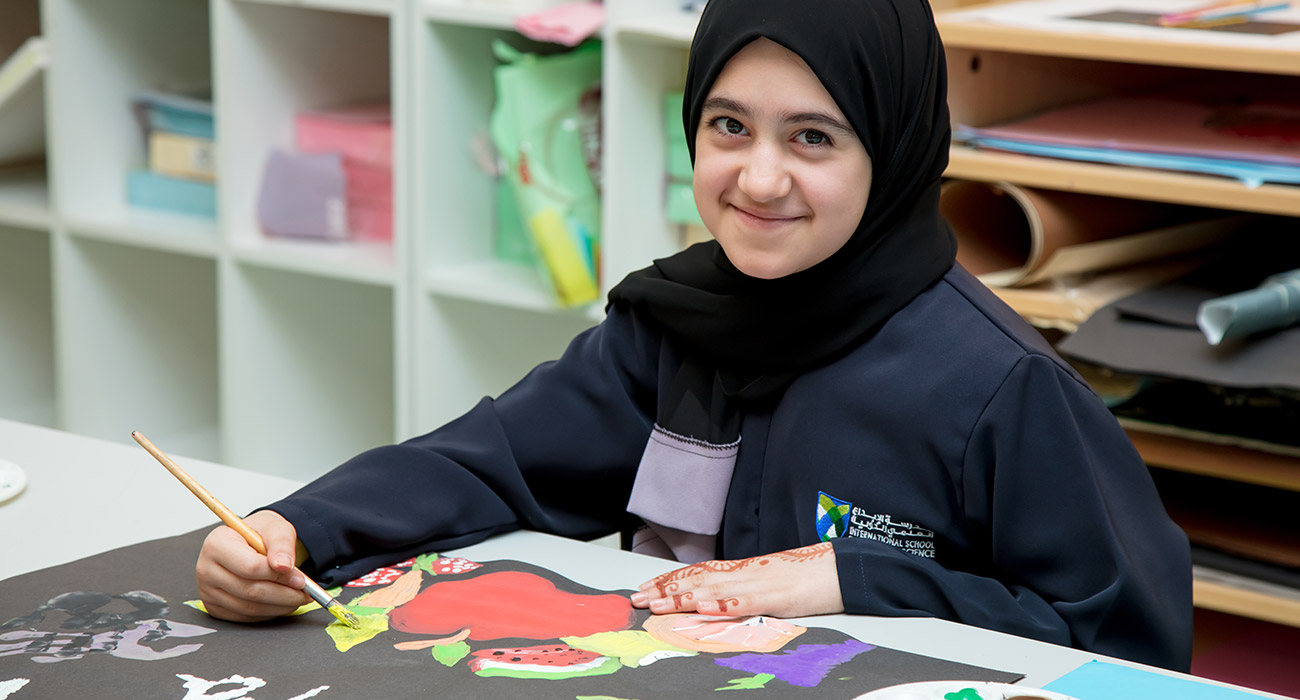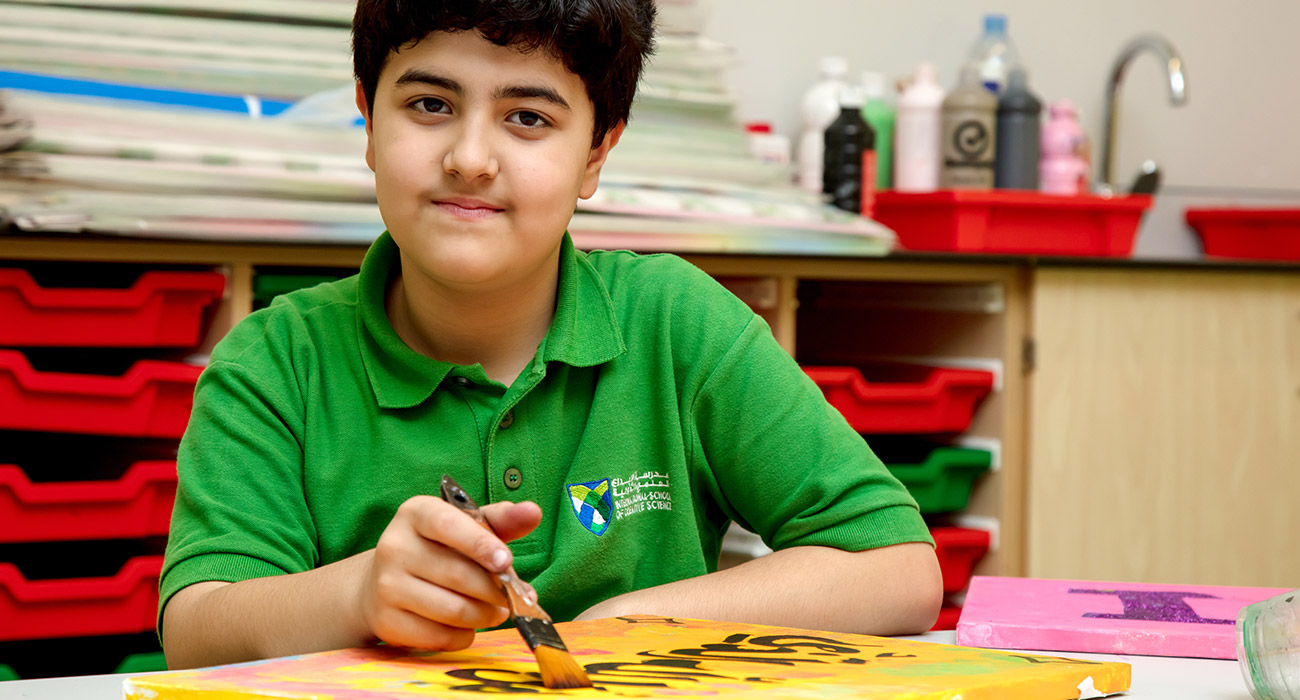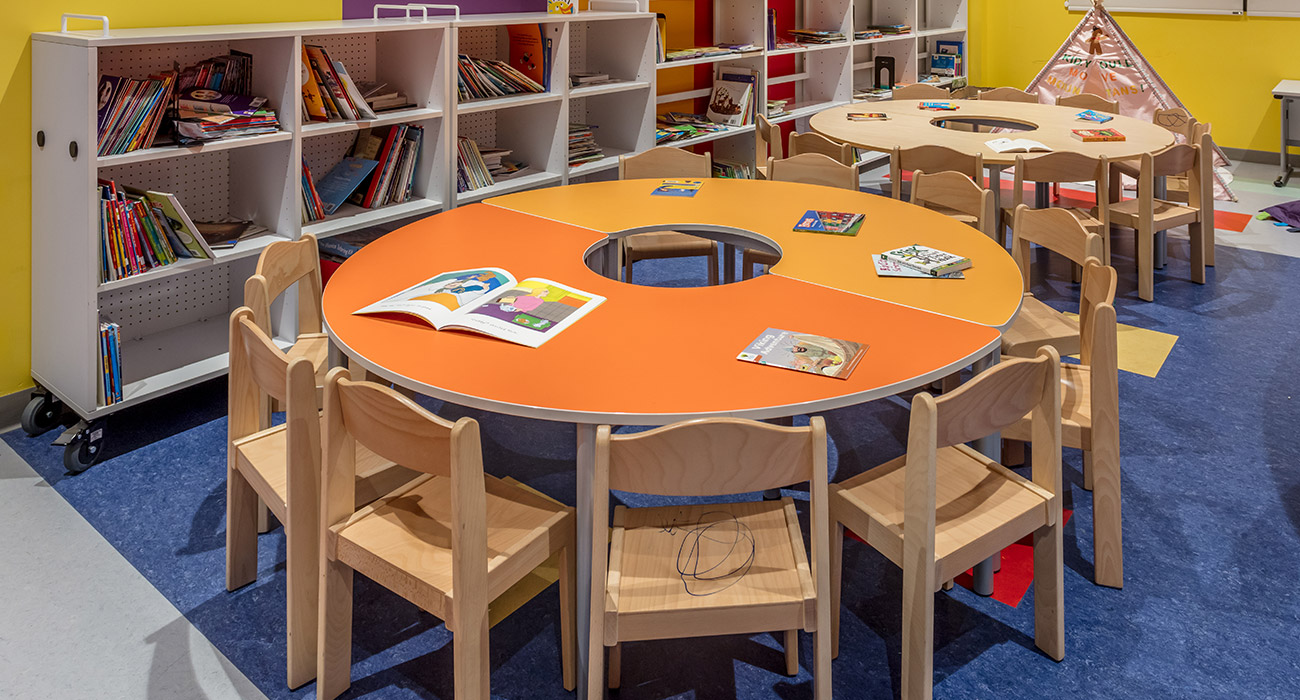
Thought: The power of positive thinking

With competitiveness increasing in International schools in Dubai, students often find that their studies are tougher than ever before. They may even experience their first failures in school. How students deal with challenges affects how they manage adversity through the rest of their life, which is why it’s important to teach them about positive thinking before they meet their first academic challenges.
The principle behind positive thinking is this: we can choose how we think about a particular event in our lives. Using positive thinking, a student recognizes that a bad grade on a literature exam or a science experiment is part of the learning process and can be remedied by goal-setting and focused study.
When a student struggling to grasp algebra believes “this is too hard” or “I just can’t do math,” they are engaging in negative self-talk, which reinforces the false belief that they lack the ability to obtain certain skills. When a student instead thinks that “this is going to take some time and effort” or “I’m going to train my brain in math,” they are using positive thinking to confirm to themselves that they can master the subject after some focused study sessions and hard work. Unlike negative self-talk, positive thinking encourages students to achieve success because they feel like they have the ability to accomplish their goals.
There are two important lessons that teachers can share with students to encourage positive thinking:
- Encouraging positive self-talk with their students by working with them to become aware of their thoughts and how they choose to react.
- Framing academic achievements as the result of hard work (‘the growth mindset’), rather than the product of inborn talent (an idea popularly known as ‘the fixed mindset’). This is an empowering realization for many students because most have internalized the belief that “they are not good enough,” not understanding that intelligence or any cognitive ability is developed with effort and experience.
With positive thinking, students become lifelong learners who feel confident about achieving their goals, even when they encounter obstacles or failures.









